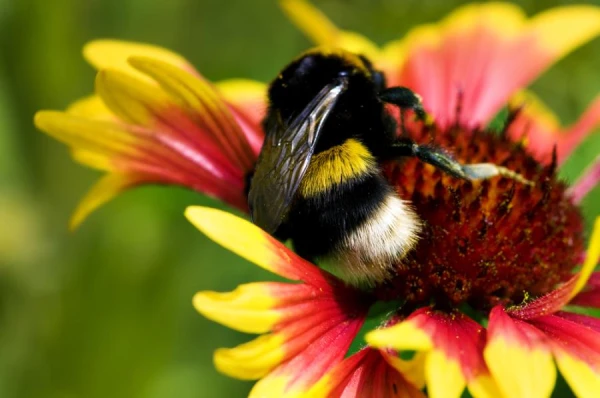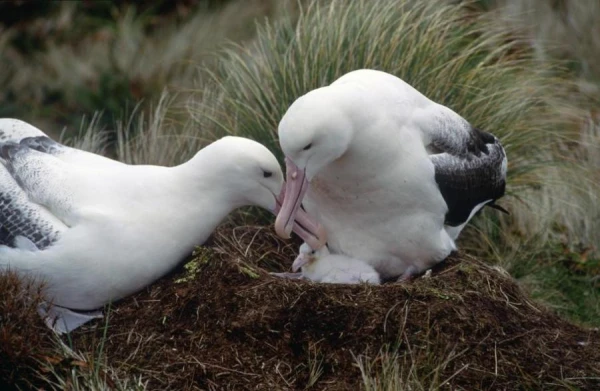
After consuming syrup, bumblebees are filled with positive emotions, which noticeably affects their behavior.
We usually do not doubt that pets like cats and dogs, as well as birds and even lizards can experience joy or sadness. However, with invertebrates such as insects, crustaceans, and worms, it is different — it is hard for us to imagine that they are capable of emotions.
Nevertheless, if we pay attention to their behavior, it becomes clear that some emotions of “bugs” are quite familiar. For example, two years ago we discussed a study by French scientists from the National Center for Scientific Research, who found that crayfish are capable of experiencing anxiety, and this feeling is related to serotonin levels — a neurotransmitter involved in stress responses in humans and other vertebrates.
In a new article published in the journal Science, biologists from Queen Mary University of London studied bumblebees, which, it turns out, become optimists after being offered syrup.
Clint J. Perry and his team showed several dozen bumblebees plastic tubes of different colors: if the insect chose the blue tube, a treat awaited it, while if it chose the green one — it remained unrewarded. When the bumblebees understood the difference between the green and blue tubes, the experiment was made more difficult: a mixed blue-green tube appeared before them.
Trying to determine which color was in front of them, the bumblebees circled around the blue-green “tunnel” for about 100 seconds. However, if they had received a drop of syrup beforehand, they made their decision faster — after just 50 seconds, the bumblebee that had tasted the sweetness crawled into the ambiguous tube.
It is not that the syrup gave the bumblebees more strength — their flight speed and other physical characteristics remained the same. In fact, as the authors of the study claim, the bumblebees exhibited optimistic confidence arising from positive emotions — happiness, joy, and pleasure. Optimism induced by happiness is a state familiar to each of us.
In another experiment, the scientists simulated a spider attack: a special device captured the bumblebee and held it still. After being released, the insect took some time to recover before heading out again in search of nectar. Some bumblebees received syrup before the “attack,” and it turned out that they recovered faster, which again confirms the presence of “syrup” optimism.
If the bumblebees had their dopamine receptors blocked, their mood did not change, and those who had eaten something sweet behaved the same as those who received nothing. Dopamine, as is known, is responsible for the reinforcement system in the nervous systems of many animals, including the feeling of reward and pleasure, including from food.
Thus, it can be concluded that the syrup activated the reinforcement system in bumblebees, and positive emotions made them optimists. However, some skeptics, such as Ralph Adolphs from the California Institute of Technology, believe that sucrose itself and its metabolic products may also have influenced the insects' behavior.
For final certainty, it would be useful to directly stimulate the reinforcement system in bumblebees and see if their emotional state changes.














Leave a comment